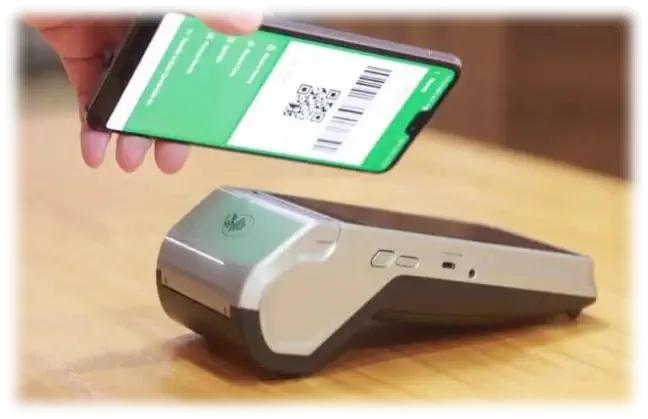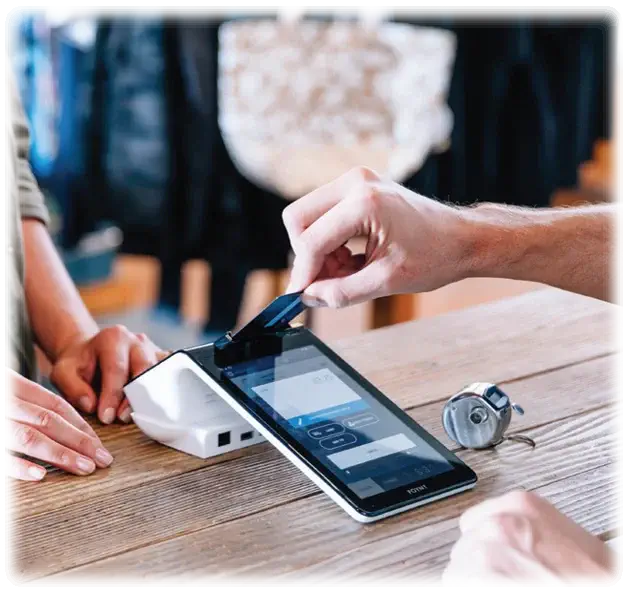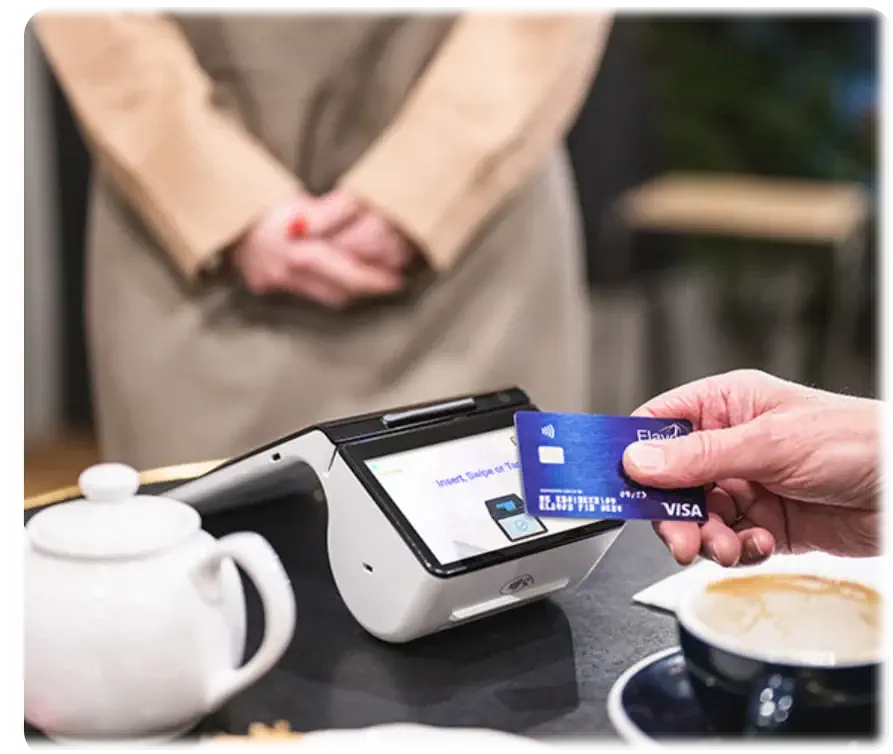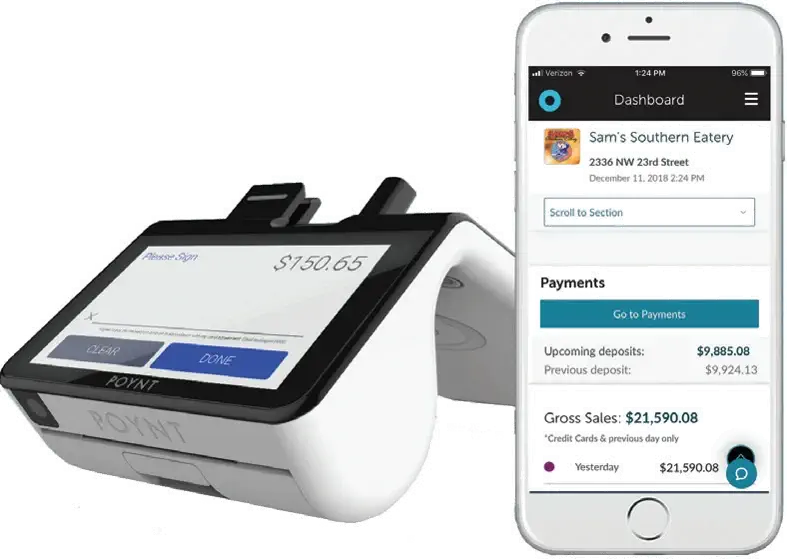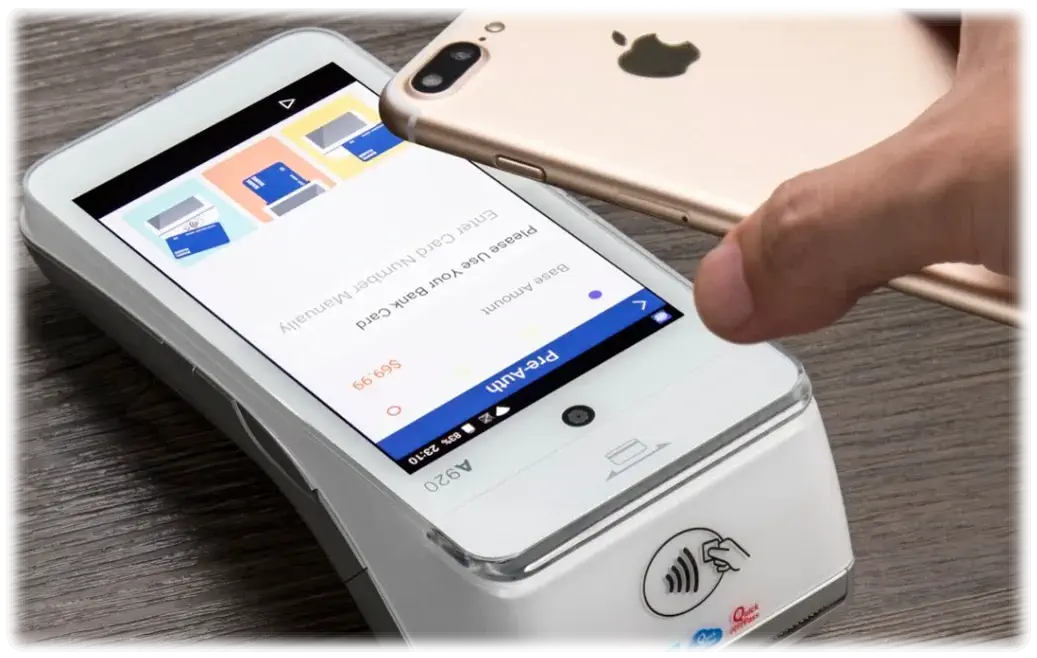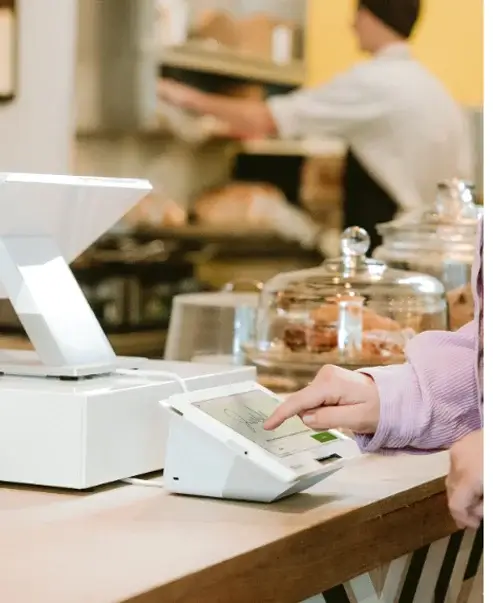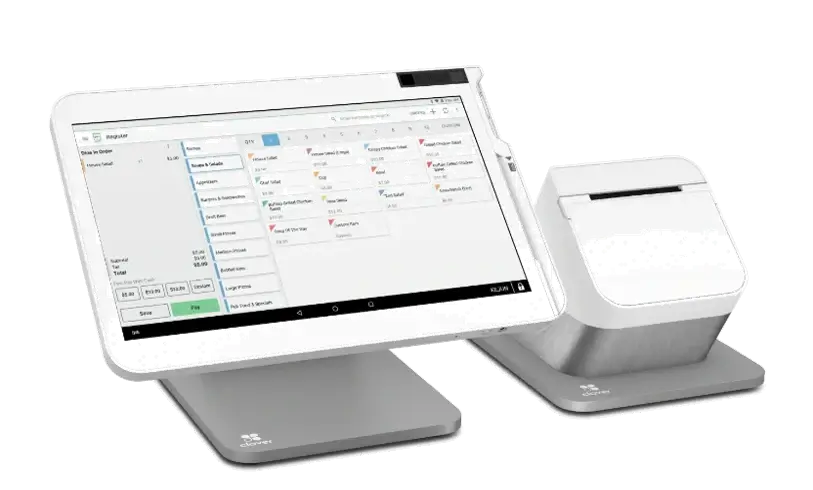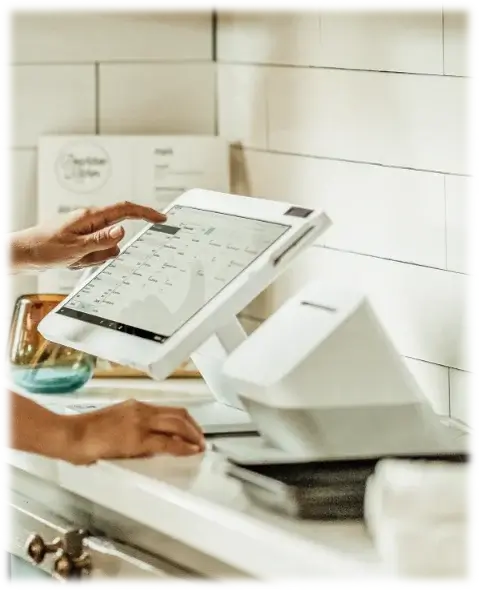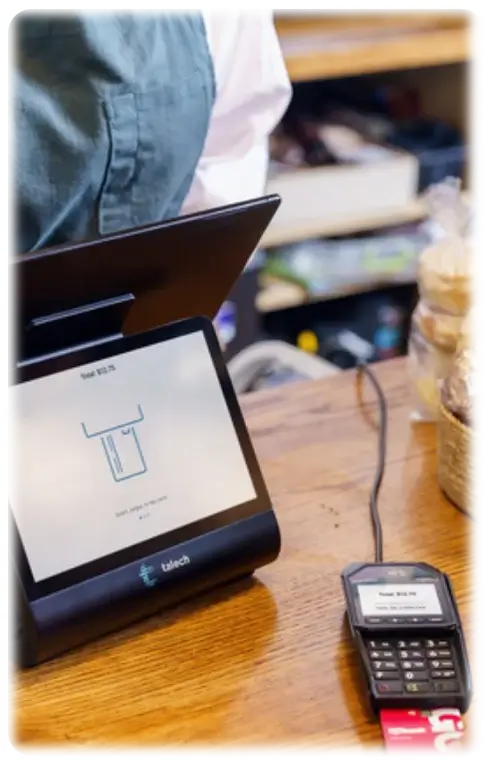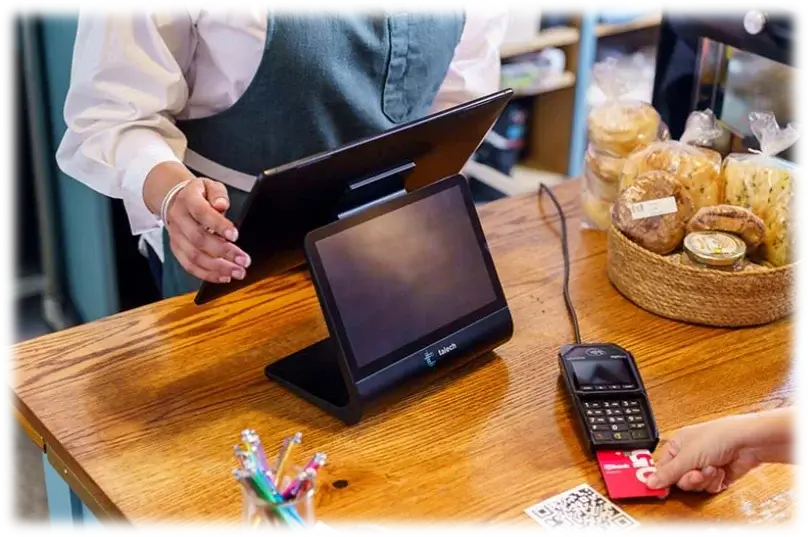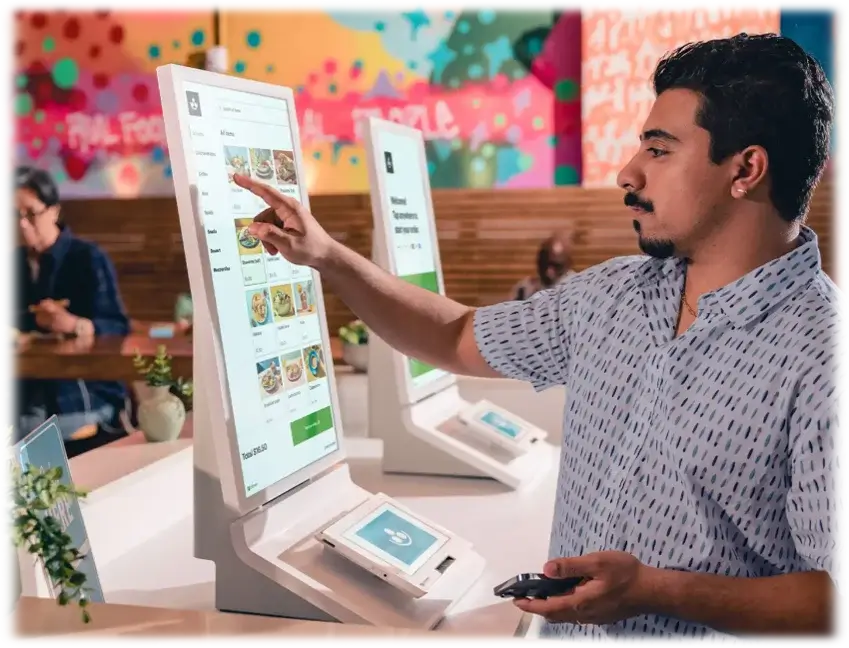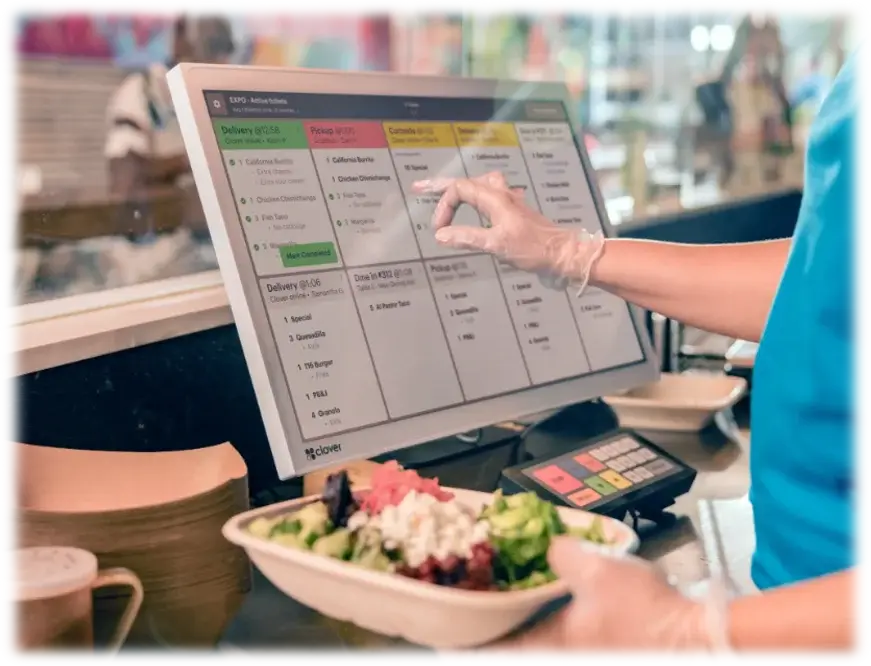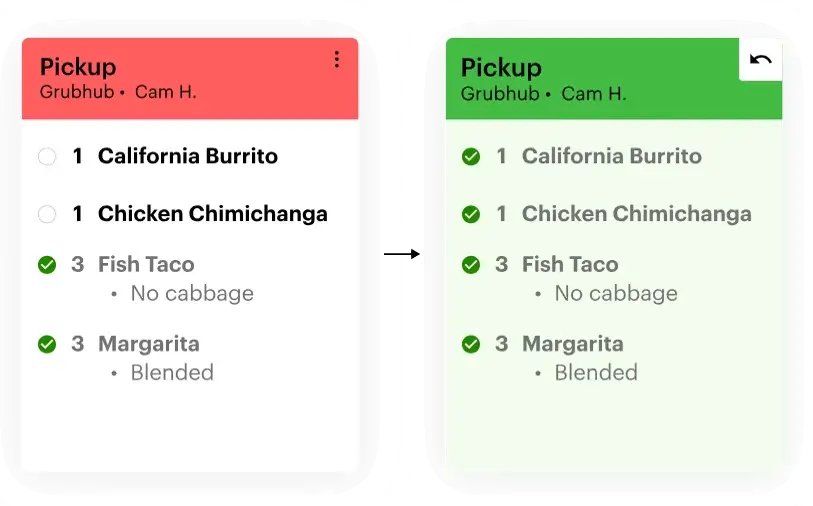Building Trust with Customers: Securing Your Payment Gateway Step-by-Step
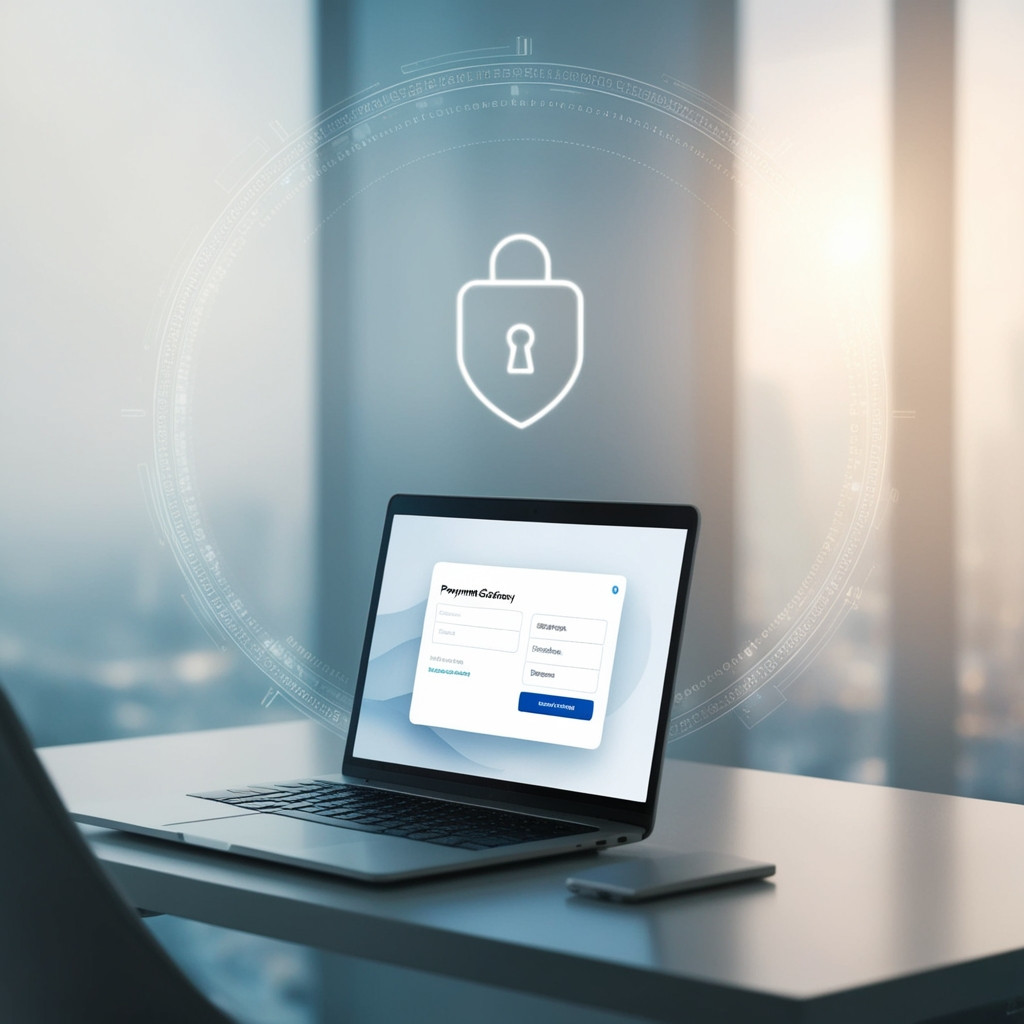
Building trust with customers isn't just about great products or exceptional service—it's about making them feel safe at every step, especially when they hit the 'Pay Now' button. In an era where cyber threats are increasingly sophisticated, a secure payment gateway isn't just a technical requirement; it's a promise to your customers that their sensitive information is in good hands.
This guide dives into a step-by-step approach to securing your payment gateway, from choosing the right payment processor to implementing cutting-edge security measures. Whether you run a small business or a large enterprise, these insights will help you create a secure and trustworthy payment environment, boosting customer confidence and protecting your brand's reputation.
Understanding Payment Gateway Security
Payment gateways act as the digital equivalent of a cash register, securely transmitting payment information from customers to payment processors. However, this transfer process exposes sensitive data to potential cyber threats. By adopting the right security practices, businesses can minimize risks and maintain the integrity of online transactions.
Step-by-Step Guide to Securing Your Payment Gateway
- Choose a PCI-Compliant Payment Gateway The first step in securing your payment gateway is selecting a provider that complies with the Payment Card Industry Data Security Standard (PCI DSS). This compliance ensures that the payment gateway adheres to stringent security protocols, including data encryption and secure authentication processes. Additionally, businesses should look for gateways offering end-to-end encryption and secure tokenization.
- Implement Advanced Encryption Protocols Encryption is crucial for transforming sensitive payment data into a secure code, making it unreadable to unauthorized users. Utilizing technologies such as Secure Socket Layer (SSL) certificates, HTTPS protocols, and advanced encryption standards (AES-256) can significantly boost your payment gateway's security. Consider Transport Layer Security (TLS) as a more advanced alternative to SSL, offering better encryption and data integrity.
- Utilize Tokenization Technology Tokenization replaces sensitive payment data with unique identifiers or 'tokens' that hold no intrinsic value. Even if intercepted, these tokens cannot be used to retrieve the original data, adding an additional layer of security to your payment gateway. This approach also minimizes your business’s PCI scope, reducing compliance costs and complexities.
- Enable Two-Factor Authentication (2FA) Adding Two-Factor Authentication (2FA) to your payment processes enhances security by requiring users to verify their identity using two separate methods. This reduces the risk of unauthorized access to your payment system and sensitive customer data. For even stronger protection, consider Multi-Factor Authentication (MFA), which combines passwords, biometric data, or hardware tokens.
- Monitor Transactions with Fraud Detection Tools Leverage fraud detection software to analyze transaction patterns and identify suspicious activities. Set up automated alerts for unusual behaviors, such as multiple declined transactions or discrepancies between billing and shipping information. Fraud prevention tools such as AVS (Address Verification Service) and CVV verification can further enhance security.
- Regularly Update Payment Gateway Software Software updates often include security enhancements and vulnerability patches. By keeping your payment gateway software and related systems up-to-date, you reduce the risk of security breaches and maintain a safe transaction environment. Establish a consistent schedule for updates and ensure legacy systems are retired or upgraded promptly.
- Conduct Security Audits and Penetration Testing Regular security audits and penetration testing help identify weaknesses in your payment system. These evaluations simulate cyber-attacks to test the effectiveness of your security measures and guide improvements. Internal and external audits also ensure compliance with evolving regulatory requirements.
- Establish a Data Breach Response Plan Despite preventive measures, breaches can still occur. Having a response plan ensures that your business can act quickly to mitigate damage, notify affected customers, and comply with regulatory reporting requirements. The plan should include immediate threat containment, forensic investigation, and transparent communication with stakeholders.
Selecting the Best Payment Processor for Small Businesses
For small businesses, choosing the right payment processor and internet gateway provider is a critical decision. The best payment processors combine robust security features with competitive pricing and seamless integration options. Whether you're searching for the best payment internet gateway or a full-service processor, prioritize security features such as encryption, fraud prevention, and PCI compliance. Consider processors that offer tailored solutions for small businesses, including scalable security features as your business grows.
Educating Your Team and Customers on Security Best Practices
A secure payment gateway also depends on the awareness and actions of your team and customers. Provide training to employees on recognizing security threats and maintaining safe payment practices. Additionally, educate your customers on safe online payment behaviors, such as checking for HTTPS in website URLs and avoiding suspicious links. Prominently display security badges and certifications on your website to build customer confidence.
Focusing on Mobile Payment Security
As mobile transactions grow, securing mobile payment methods becomes increasingly important. Implementing features such as app-based tokenization, biometric authentication, and secure mobile encryption can help protect customer data during mobile purchases. Additionally, using mobile-specific fraud prevention tools like geolocation verification and device fingerprinting can further reduce risks.
The Role of Internet Gateway Providers in Strengthening Security
Internet gateway providers are integral to maintaining payment security. Leading providers offer advanced security features, including encryption, tokenization, and fraud monitoring, ensuring secure and seamless payment processing. Collaborating with reputable providers can significantly enhance your business’s security infrastructure. Look for providers with a proven track record of robust security measures and reliable support services.
Securing your payment gateway is not just a technical necessity but a strategic approach to building trust with your customers. By implementing strong security practices, you not only protect sensitive data but also reinforce your brand’s reliability and integrity. Taking a proactive approach to payment security will help your business thrive by fostering customer loyalty and setting you apart in a competitive market. Investing in security is an investment in your brand's reputation and long-term success.


